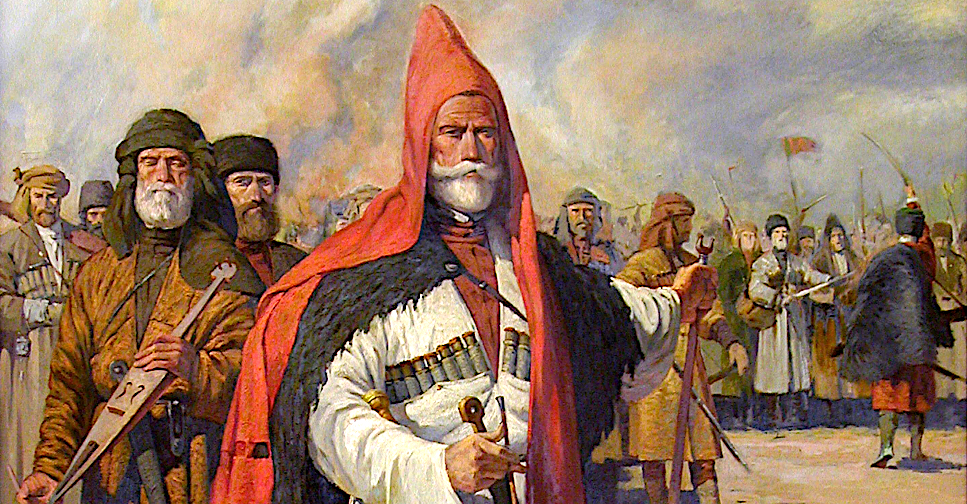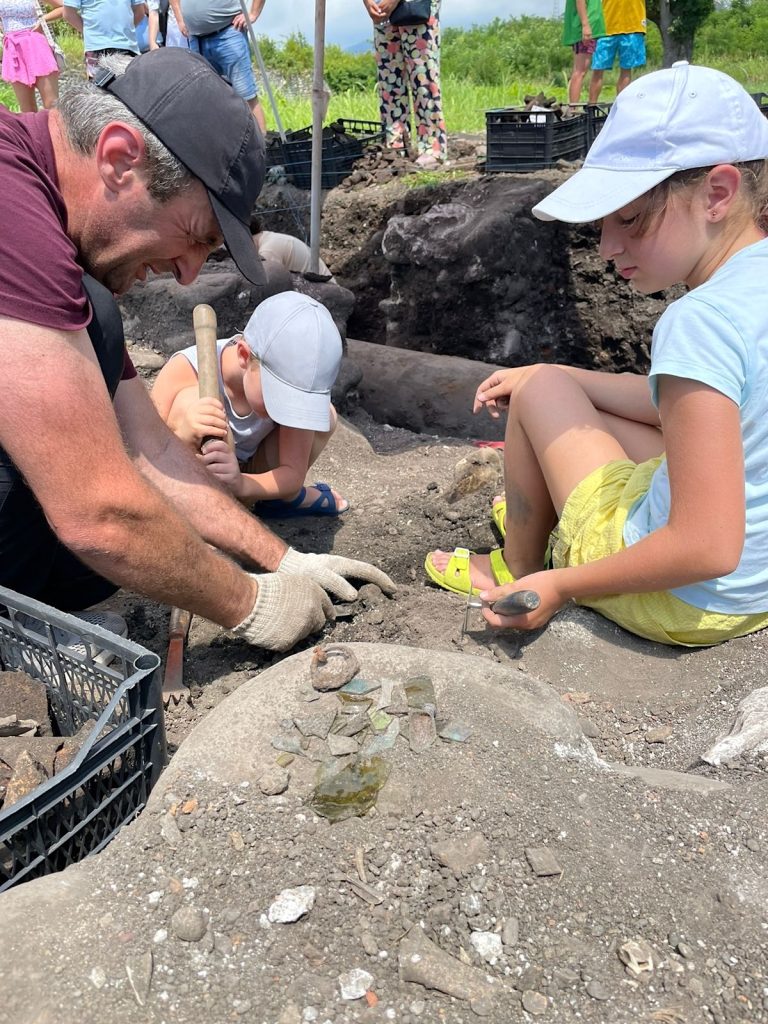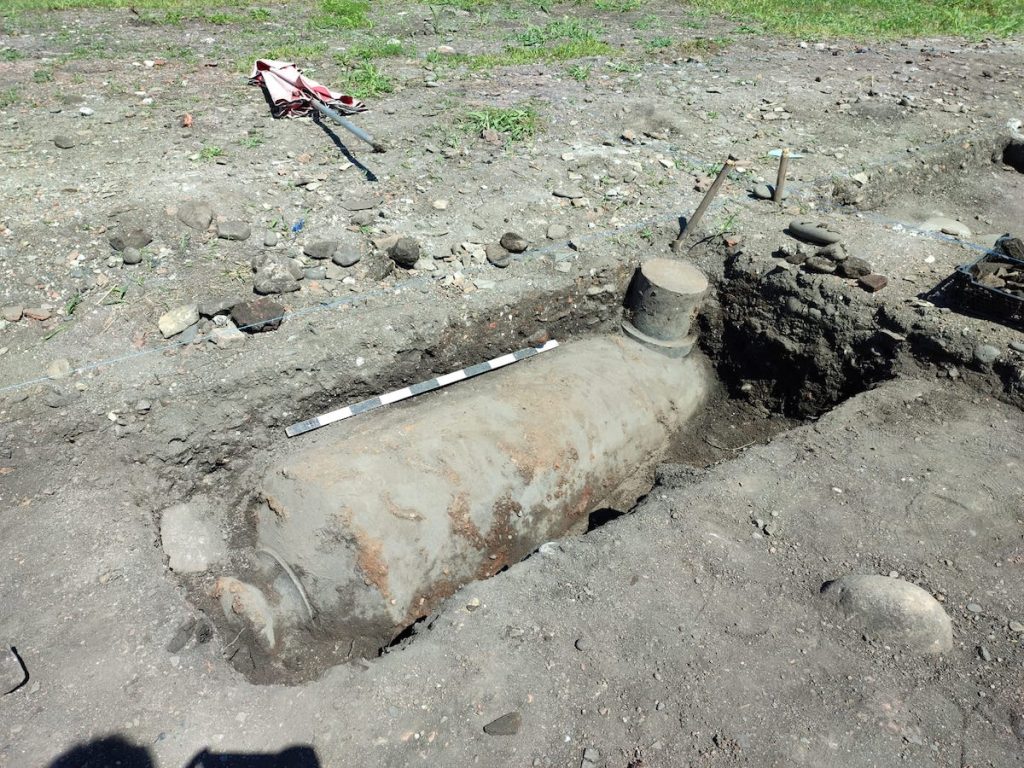The grave of a 19th century Abkhazian ruler sought by archaeologists and the military
The search for the grave of Keleshbey Chachba
The search for the burial place of the sovereign prince of Abkhazia, Keleshbey Chachba, has been resumed. The military have joined in to help archaeologists.
The remains of Keleshbey Chachba were buried in 1808 on the grounds of the Sukhumi fortress, and Abkhaz archaeologists have been looking for them for more than a year. During the Soviet period, in the 1930s, the grave was blown up. Now the exact place of burial is not known.

Keleshbey Chachba ruled Abkhazia for almost thirty years and skillfully maneuvered between the interests of two competing empires, the Ottoman and Russian. His mysterious death is still the subject of controversy in historical circles.
At that time, Abkhazia was under the protectorate of Ottoman Turkey. Keleshbey Chachba was sent in childhood to Istanbul as a hostage-guarantor, and there he converted to Islam. He returned to Abkhazia as an adult in the 1770s, and became a prince after he overthrew his uncle Zurab Shervashidze with the support of the Turkish army.
- Repatriation in Abkhazia: myths, expectations and reality
- Alpine village of Pskhu in Abkhazia
- The first Christian temple in the world? Photo report from the Azerbaijani village of Kish
A new allegiance and direction for Abkhazia
But years later, Chachba changed his political orientation. In 1806, war broke out between Russia and Turkey. Keleshbey Chachba declared his independence from Istanbul and sided with Russia.
The impressive army that he mustered – according to historians, no fewer than 20,000 soldiers – played an important role in the final victory of Russia in that war.
But on May 2, 1808, Prince Keleshbey was killed. According to rumors, he was poisoned.
Who would have done this and why remain a mystery. In Soviet historiography, Chachba’s murderer was said to be his eldest son Aslanbey, who was oriented towards Ottoman Turkey.
After the collapse of the Soviet Union, however, Abkhaz historian Stanislav Lakoba came to the conclusion that his younger son Safarbey was behind the death of father.
He repeated the fate of Keleshbey — at an early age he was sent to St. Petersburg as an amanat (hostage-guarantor). After the death of his father, Safarbey became the sovereign prince of Abkhazia, and in 1810 introduced it into the Russian Empire.
Modern quest

Every summer, dean of the Faculty of History at Abkhaz University, Alik Gabelia, and his students are busy excavating in the fortress. Archaeologists hope to find the grave this summer, this year being the 275th anniversary of Keleshbey.
However, the students’ efforts are clearly not enough. And Minister of Culture Daur Kove has turned to Defense Minister Vladimir Anua for help.
Now soldiers from the Ministry of Defense of Abkhazia and cadets of the Sukhumi Higher All-Arms Command School are taking part in the excavations.
The grave of Keleshbey has still not been found. But during excavations, a large-caliber cannon was discovered, about two hundred years old.

More than 100 small-caliber cannon balls, tiles and Turkish smoking pipes were also found on the grounds of the fortress.
Terms, place names, opinions and ideas suggested by the author of the publication are their own and do not necessarily reflect the opinions and ideas of JAMnews or its employees. JAMnews reserves the right to remove comments on posts that are deemed offensive, threatening, violent or otherwise ethically unacceptable.
The search for the grave of Keleshbey Chachba


















